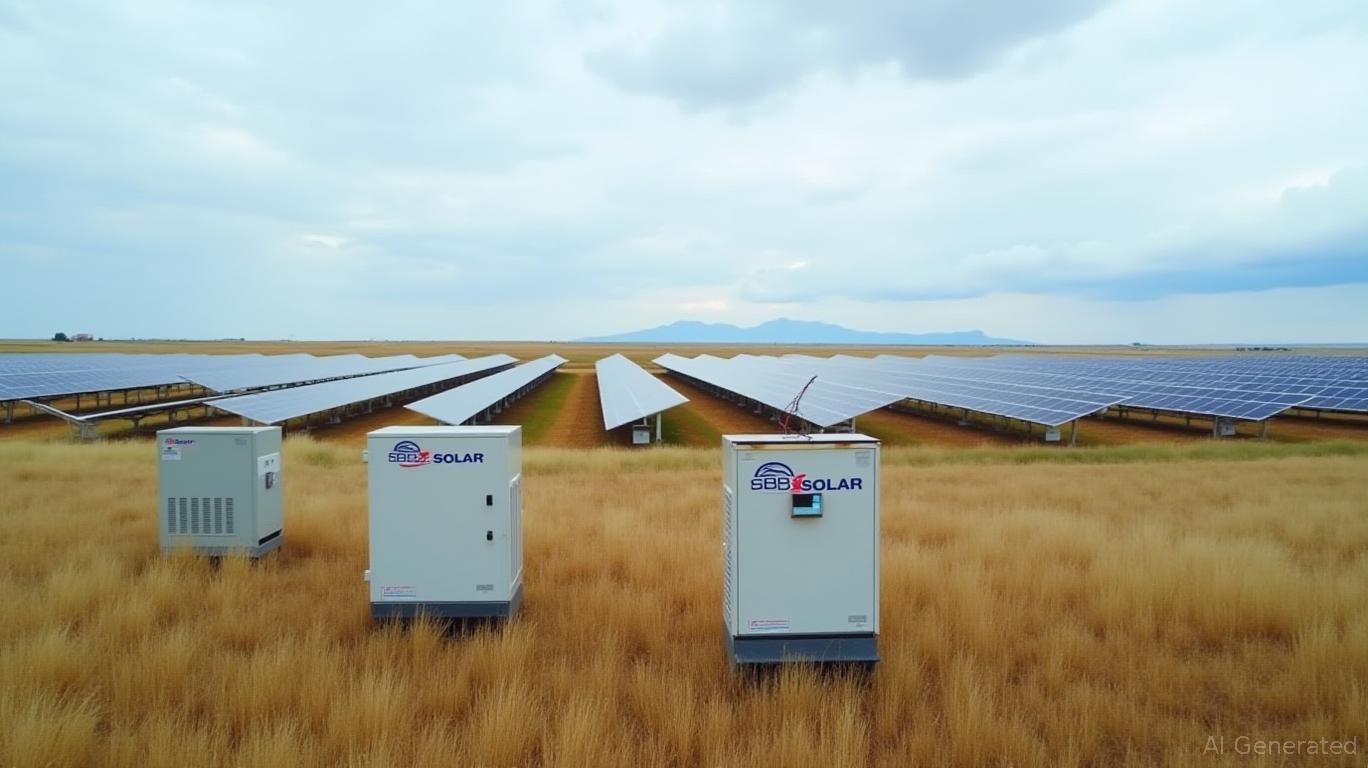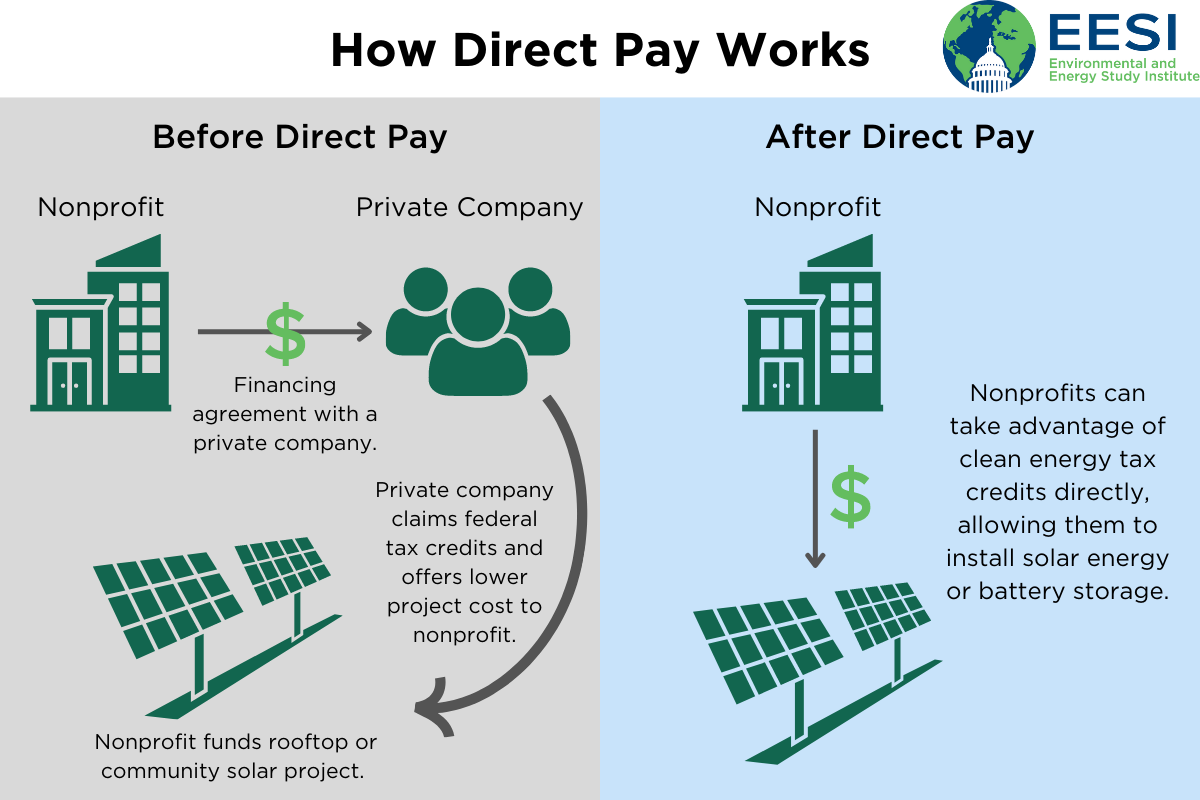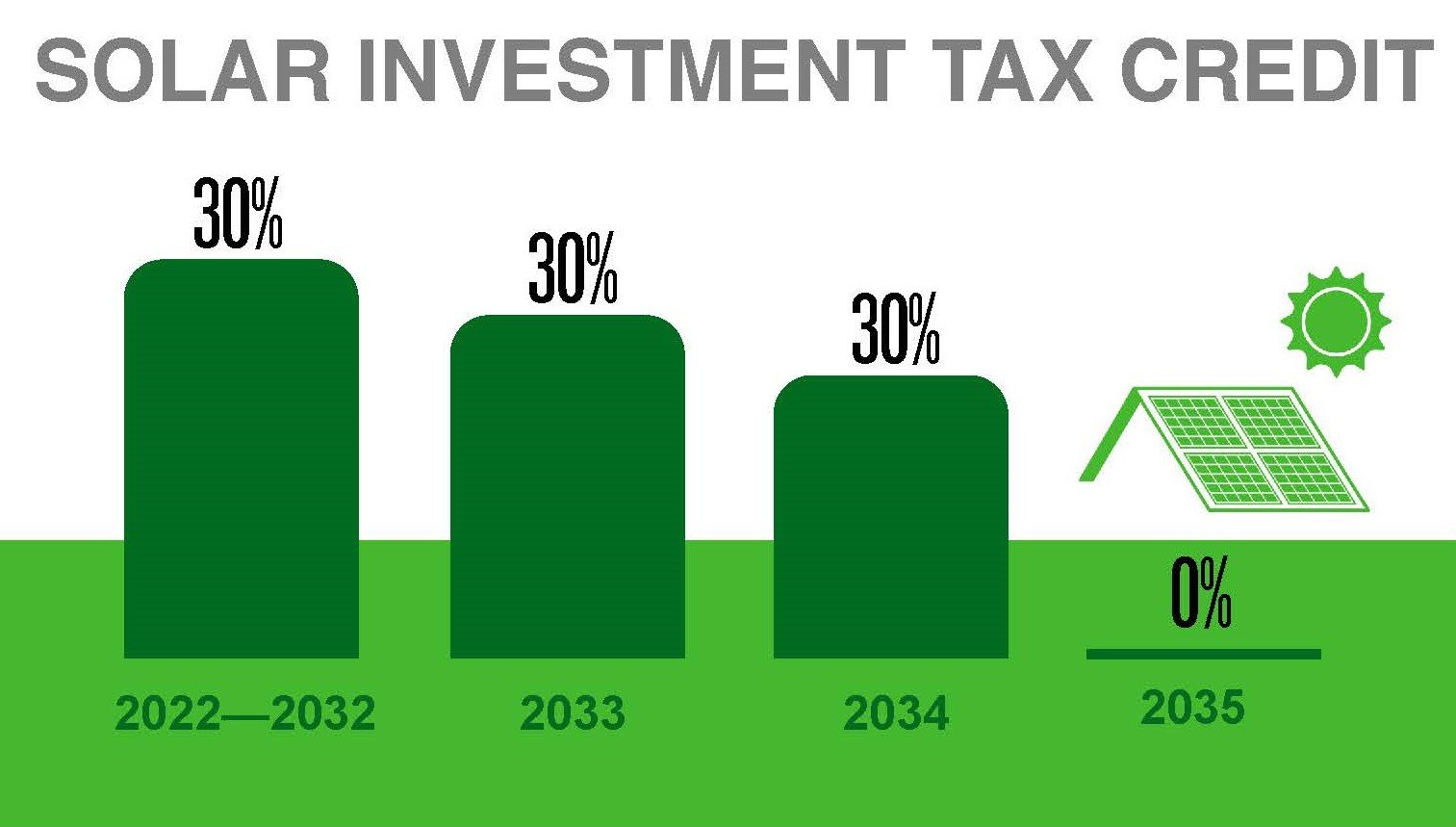A proposed spending bill threatens to eliminate tax incentives crucial to the booming solar energy industry, jeopardizing billions of dollars in investments and potentially hindering the nation's transition to cleaner energy sources. The bill's passage would significantly impact numerous solar projects and thousands of jobs across the country, raising concerns about the future of renewable energy development.
The Solar Boom's Unexpected Threat

The solar energy industry has experienced unprecedented growth, fueled by recent legislation offering substantial tax incentives. This surge has led to a significant increase in solar projects nationwide, creating jobs and driving investment in clean energy technology. However, a new spending bill could drastically alter this trajectory.
A Potential Crushing Blow to the Solar Industry

A key provision within the proposed spending bill aims to eliminate tax incentives that have been instrumental in the growth of the solar industry. This move, if implemented, would effectively reverse the recent progress made in transitioning towards renewable energy. The abrupt removal of these incentives could severely impact ongoing projects and deter future investments.
Economic Fallout and Job Losses

Industry leaders warn that the proposed changes could lead to significant job losses and economic setbacks. Hundreds of billions of dollars in investments are at stake, and many projects are already facing delays due to the uncertainty surrounding the bill's passage. The potential ramifications extend beyond the solar sector, impacting associated industries and potentially delaying the nation's clean energy goals.
Political Polarization and the Future of Clean Energy

The debate surrounding the proposed legislation has become highly politicized. While the solar industry has thrived in both Republican and Democratic-led states, the bill's potential impact highlights a partisan divide on the issue of clean energy. Lobbyists are actively engaging with lawmakers, emphasizing the job creation and economic benefits of the solar industry.
A Call for Compromise

Many stakeholders are urging a compromise to mitigate the potential damage. A gradual phase-out of the tax incentives, rather than an abrupt elimination, could allow the industry to adjust and minimize job losses. Some Republican senators, representing states significantly benefiting from the solar industry's growth, are also voicing concerns and advocating for a more moderate approach.
The Uncertain Future

The outcome of this legislative battle remains uncertain. While some efforts are underway to amend the bill and preserve some level of support for clean energy initiatives, the ultimate decision will significantly impact the trajectory of the solar energy sector and the nation's overall clean energy goals. The situation underscores the need for a more bipartisan approach to climate-related policies.